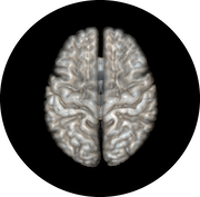Working at the intersection of cognitive neuroscience and clinical neurology, our goal is to advance our mechanistic understanding of neural information processing in the human brain. To achieve this goal, we design and perform experiments in neurological patients and healthy volunteers, using a multimodal combination of advanced non-invasive methods such as functional magnetic resonance imaging (fMRI), diffusion MRI (dMRI), electroencephalography (EEG), transcranial magnetic stimulation (TMS) and neuropharmacological interventions. Our main interest lies in exploring the immense potential of the human brain to compensate lesions (e.g. due to stroke) by reorganizing its functional network architecture. Based on this emerging understanding, we aim to design interventions (e.g. using non-invasive brain stimulation) which modulate neural plasticity to amplifying functional recovery. To elucidate neural underpinnings of lesion-induced neural plasticity, we explore how motor learning and changes in decision-making contribute and interact with cerebral reorganization. Our quest to utilize our evolving understanding of how the brain enables cognitive functions to advance mechanism-based clinical applications is complemented by furthering our understanding of fundamental brain function from patient populations, e.g. investigating how split-brain patients can help us to understand human consciousness from a neural perspective.
